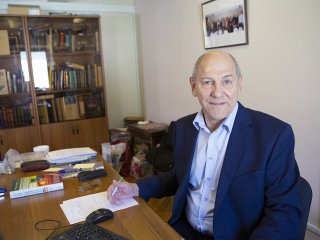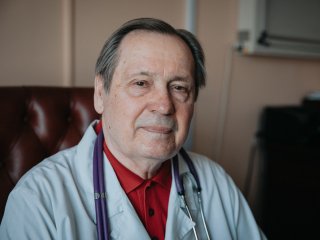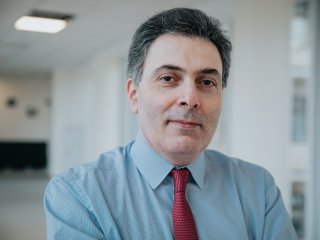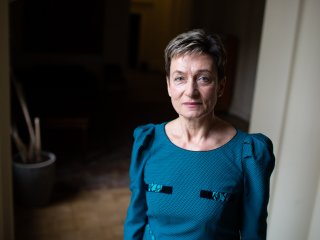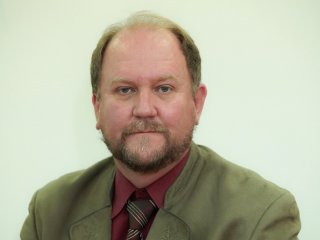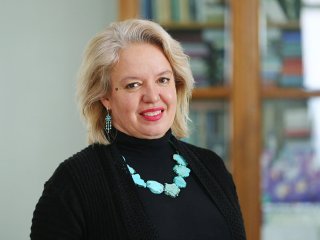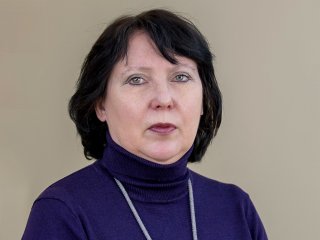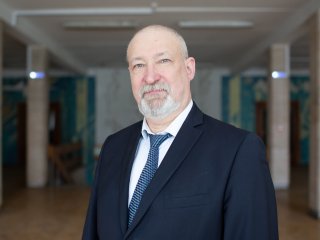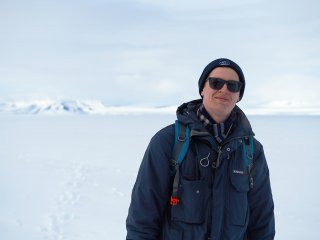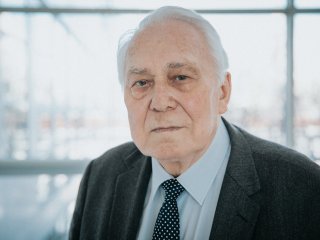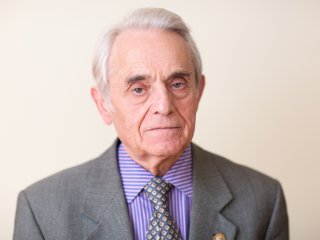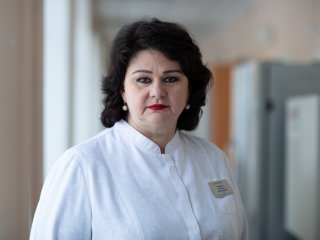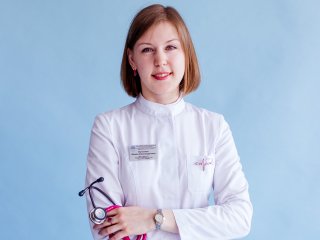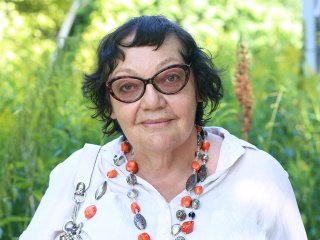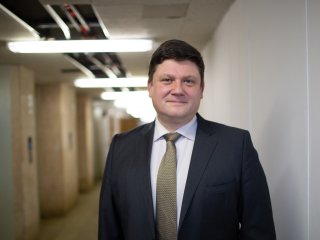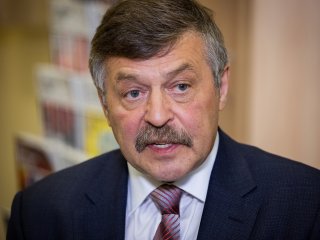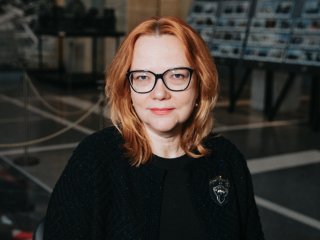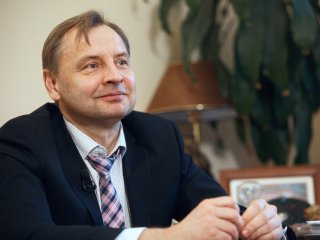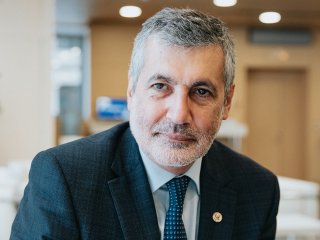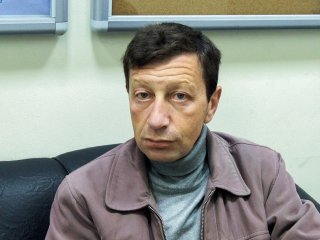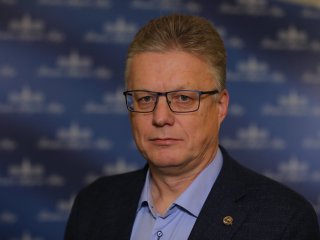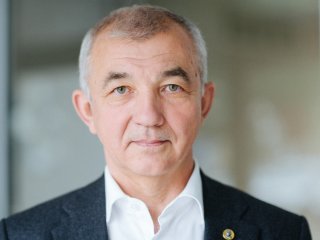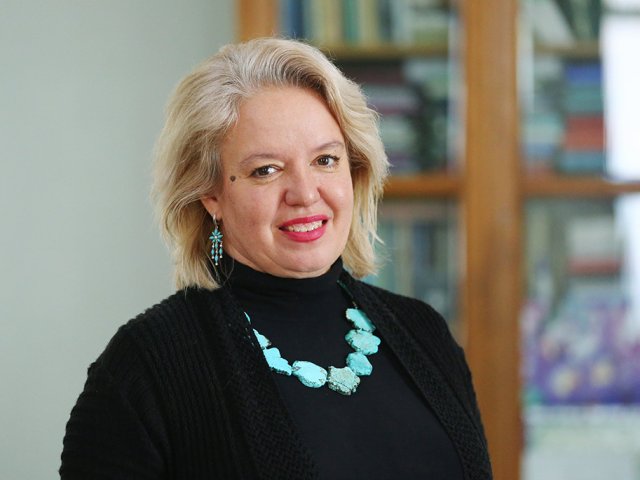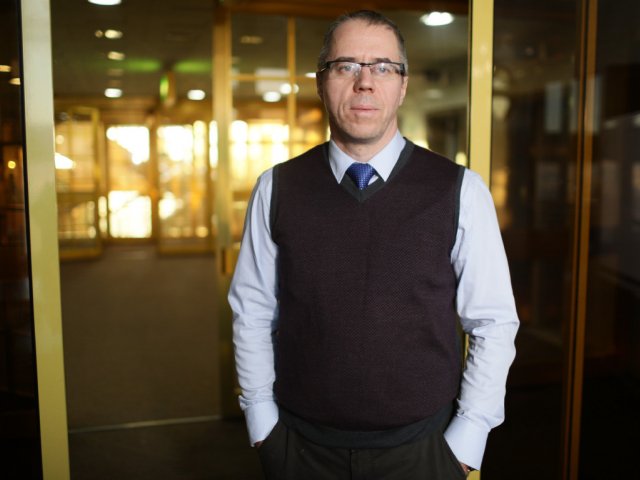Interviews, page #6
Academician Valery Anatolyevich Rubakov, Chief Researcher at the Institute for Nuclear Research (INR) of the Russian Academy of Sciences (RAS) and Head of the Neutrino and Particle Astrophysics project, describes the most sensational project results in his interview with Scientific Russia
Alexander Grigorievich Chuchalin, Academician, Professor, a founder of the Russian pulmonology school, Chairman of the Bioethics Committee of the Russian Academy of Sciences (RAS) and Head of the Department of Hospital Therapy in the Pirogov Russian National Research Medical University, talks about the doctor-patient relationship, bioethics, and ethical education in his interview with Scientific Russia
In his interview with Scientific Russia, the cardiologist speaks about the prevention of these diseases and a new MSU and foreign scientists’ joint development, that is, a unique artificial valve for closed-chest heart valve replacement.
What is modern Africa like? How true are the popular stereotypes about this continent? What stage are Russia-Africa relations currently at?
What is the state of the languages of the peoples of the North today? When did a writing system appear in the Nenets language? What actions do scholars take to preserve these languages?
The amount of vapor in the atmosphere has increased by 4% since the mid-1990s. How significant is the impact of water vapor on climate change?
In over two years of the COVID-19 pandemic, healthcare professionals have determined precisely that the novel coronavirus infection negatively affects patients with cardiovascular diseases
Why does the immune system attack the body? How does stress cause autoimmune reactions? Ekaterina Anatolyevna Troshina, RAS Corresponding Member, answers these questions
In her interview, Candidate of Geographical Sciences and Head of the Northern Water Problems Institute at the Karelian Research Center of the Russian Academy of Sciences (KarRC RAS) Larisa Evgenyevna Nazarova discusses climate change in the White Sea region and her research on Northern waters.
What role do viruses play in our evolution, how do they spread, and what interesting features do they have? Aleksey Dmitrievich Zaberezhny, RAS Corresponding Member, Head of the All-Russia Scientific Research and Technological Institute of Biological Industry (VNITIBP), answers these questions.
Over the past decade, young researchers, students, and postgrads from all over Russia have been undertaking expeditions to the northern seas onboard research vessels Professor Molchanov and Mikhail Somov
How did psycholinguistics arise? What is known today about the connection between consciousness and speech? How do psycholinguists describe language?
What do astronauts eat? How have approaches to space diets and their production technologies changed? What kind of research is conducted to provide astronauts with food during long-term missions?
Deputy Director for Scientific Work of the CRI of Tuberculosis, Doctor of Medical Sciences Natalia Karpina tells us about modern approaches to tuberculosis treatment and diagnostics
What was the beginning of the path of the young cardiologist? How has the pandemic affected medical education? Why is continuity important in medicine?
Pigeons distinguish Monet from Picasso, ants can count, and crows can understand symbols. And what else is known about the cognitive abilities of animals? What are their unique abilities, and what are ours?
In the autumn of 2021, the Russian Government approved a long-term strategy for low-carbon development until 2050
How do physical factors, processes in the seas affect aquatic ecosystems? Why study the changes in phytoplankton blooms in different seas? How are these processes related to climate change?
How will the new platform of the nuclear industry solve the problems of handling and storing spent nuclear fuel? Will it be green? By Vyacheslav Pershukov, Head of the Proryv Project
Natalia Borisovna Osipova, a journalist and head of the Nuremberg: Casus Pacis project, talks about how the famous trial of the Nazis took place, and about the project
The scientist spoke about the mysteries of quasars, the study of the early Universe and deep space exploration, and, of course, about LPI RAS projects and his own path to science
Which immunity is most effective against coronavirus, what will happen after Omicron, and how to measure T-cell immunity with a skin test? Areg Artemovich Totolyan, Academician of the Russian Academy of Sciences, Director of the Saint Petersburg Pasteur Institute, answered these and other questions in an interview with Scientific Russia
The leading Russian theoretical physicist Sergey Krasnikov talks about the existing theories and concepts shown in the Tenet movie
What is the role of genes in our lives and what are the benefits of personalized medicine? Read about this in an interview with the Director of the Tomsk National Research Medical Center of the Russian Academy of Sciences, RAS Corresponding Member Vadim Anatolyevich Stepanov
What did astrophysicists see on the unique X-ray map of the universe obtained by the eROSITA telescope of the Spektr-RG observatory? By Corresponding Member of the Russian Academy of Sciences Marat Gilfanov
Partners
Show allOur mobile application
Social networking
Recent
Popular
Lectures
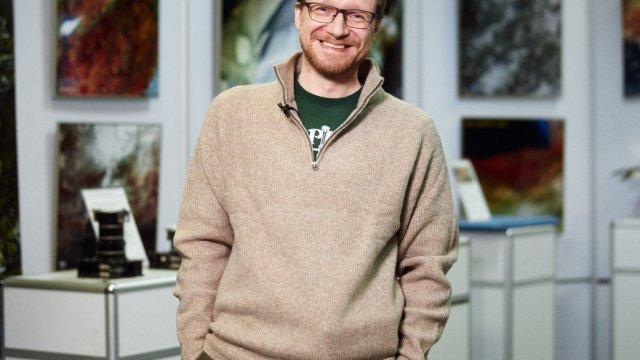
How can technology of remote sensing of the Earth keep track of wildfires, oceanic processes, volcanic activity, and urban development?
